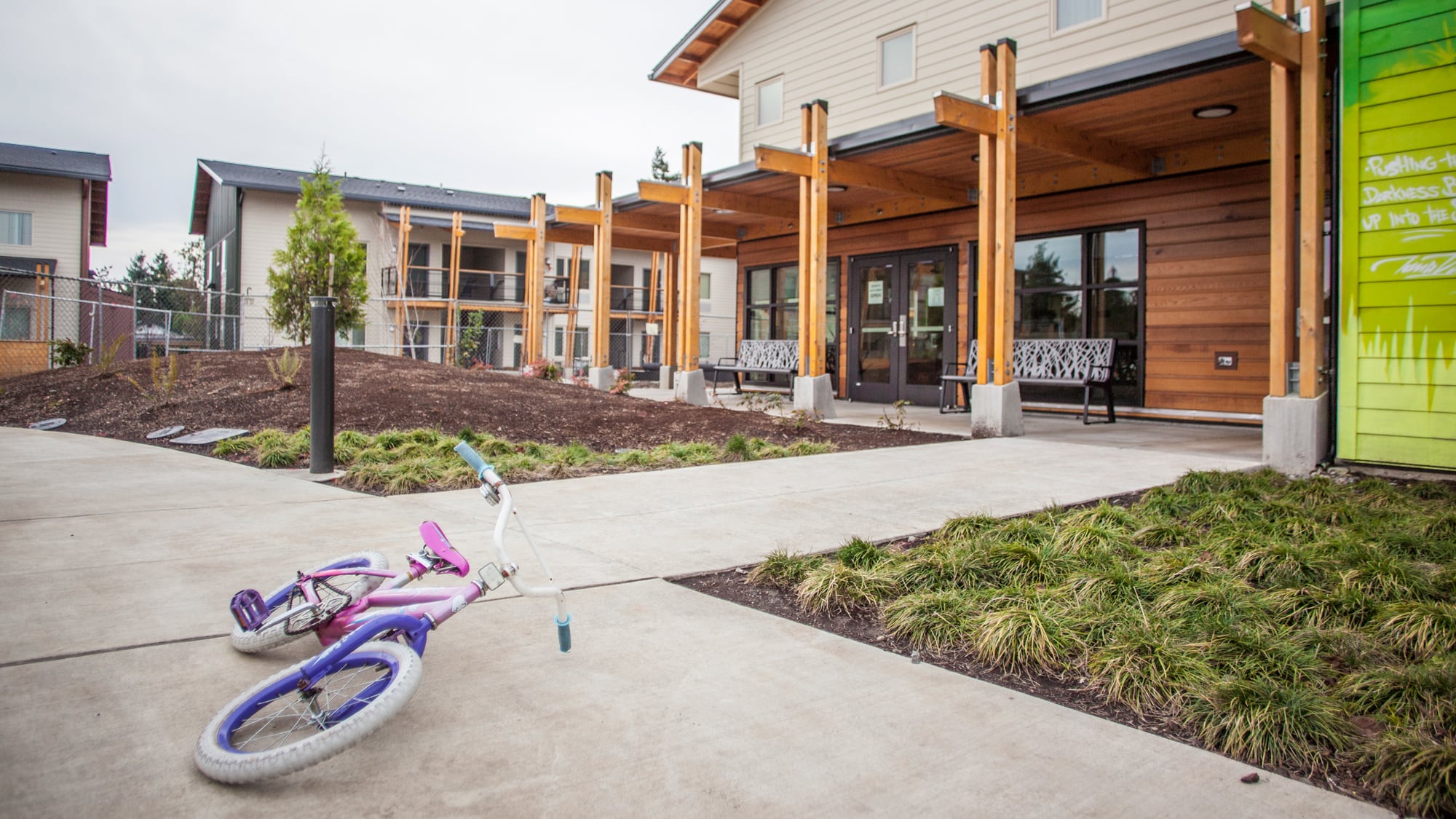Every blockbuster gets a sequel. Coming this fall, get ready for Housing Bond 2.
On June 7, the Metro Council unanimously referred a $652.8 million affordable housing bond to the November ballot.
Metro, a planning agency spanning three Portland-area counties, is better known for overseeing trash pickup and the Oregon Zoo elephants than for housing. But it's floating the largest-ever housing bond measure in this region's history.
In 2016, Portland voters overwhelmingly passed a $258 million bond to build at least 1,300 affordable housing units in the city. Metro's bond would mean at least another 1,000 units for Multnomah County alone.
Here are five key things voters should know now:

There will be a fight.
Opposition arrived even before Metro voted to refer the bond to the ballot last week.
"Unlike Portland's affordable housing measure, Metro's affordable housing measure will garner opposition in this election," Washington County Chairman Andy Duyck wrote in a June 5 email.
Among his objections: The increased taxes on property owners would raise the cost of housing "for many" while only creating up to 3,900 units. (For the average home, that cost will be $5 a month.)
A Hillsboro-based developer and a political consultant have registered an anti-bond PAC, called "Affordable Housing for WHO?" but report no donations.

A statewide measure will determine how many homes get built and by whom.
The Oregon Constitution prohibits government agencies from splitting ownership with private developers. But the majority of federal housing dollars require private ownership of the property.
That means federal dollars can't be paired with bond money under our current system.
An amendment to the state constitution has been approved for the November ballot. (It's a separate ballot measure from Metro's tax.) Metro estimates the bond could secure 2,400 units without the change and 3,900 with it.
Portland City Hall also hopes to see the constitutional amendment pass. (Mayor Ted Wheeler is waiting to draw down more bond money until he sees the November results, although the city hasn't released estimates of how many additional units it could build.)

Mostly, Metro won't get to spend the money.
Metro is not a housing agency. Instead, it would distribute the bulk of the funds to other agencies—Home Forward and its equivalents—across the metro region.
Metro will spend roughly 10 percent of the bond buying properties near current or future transportation projects. That's in essence an anti-displacement effort—because those areas are expected to gentrify as soon as a new rail line arrives.
These purchases "will help create housing opportunity in neighborhoods where affordability is scarce or threatened by rapidly rising land prices," say Metro staff recommendations adopted last week.

The suburbs need more housing.
Metro's central argument for overseeing this campaign is that it's not just Portland facing a housing crisis.
Supporters of the bond point to the increase in children officially counted as homeless by schools—a category that includes kids sleeping on other people's couches. In Washington County, the count last school year was more than 2,400.
In Clackamas County, it was more than 1,700.
Even Duyck agrees: "We don't disagree that there's a housing affordability crisis."

Portlanders had better be feeling generous.
The last time Metro went to the ballot—with a renewal of a parks levy—78 percent of voters in Multnomah County supported it, but it received weaker support in the two other counties.
This vote will again rely on Portland voters—who are historically quicker to sign on to new taxes than their suburban counterparts.
It could be a tight squeeze. Results of polling by Metro, released in March, showed as little as 54 percent support across the region for a $500 million bond—smaller than the one the agency just approved. Housing advocates pressed Metro for a larger bond anyway.
"Voters are supportive in all three counties," says campaign consultant Amy Ruiz. "We're going to be on the ground in all three counties."

